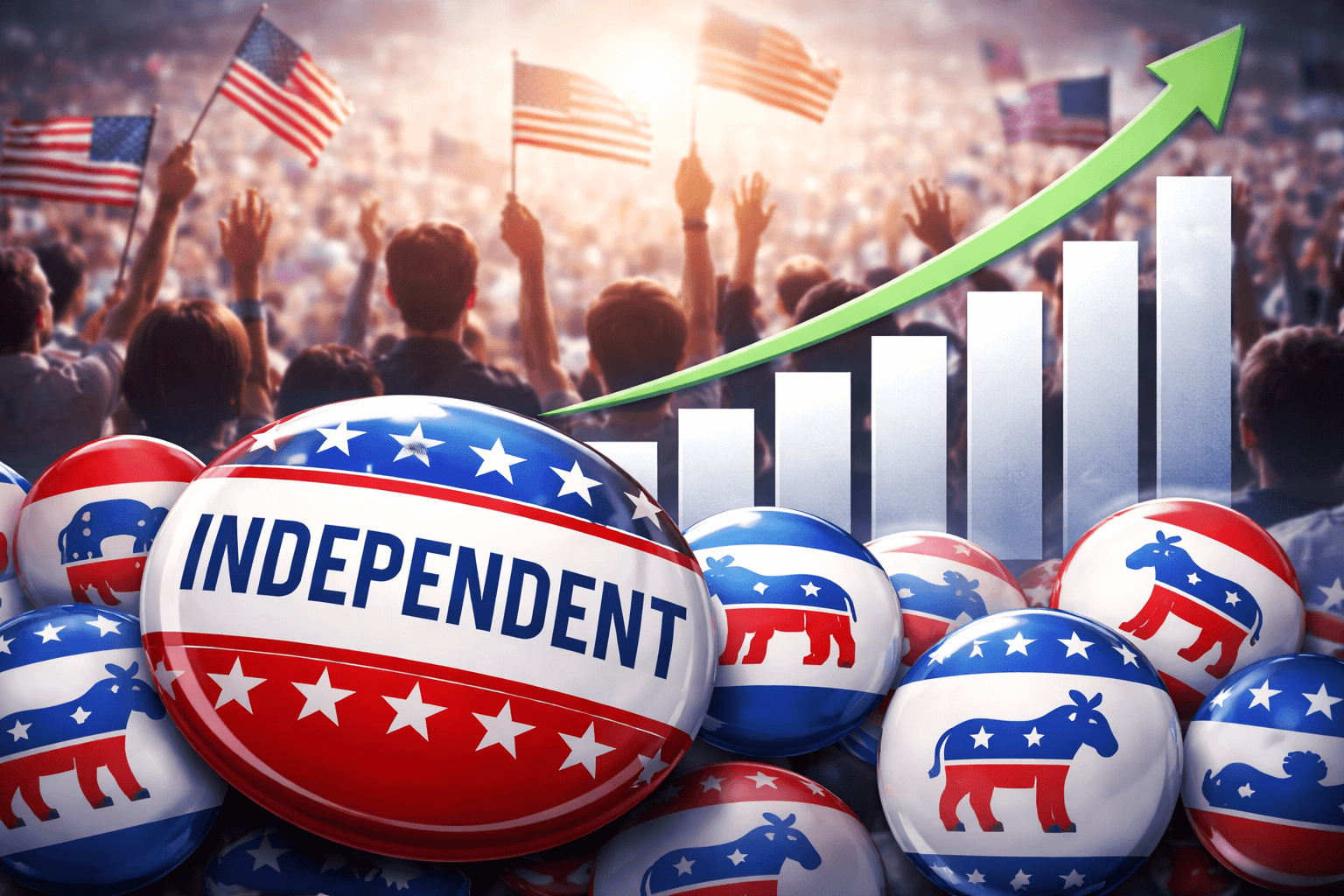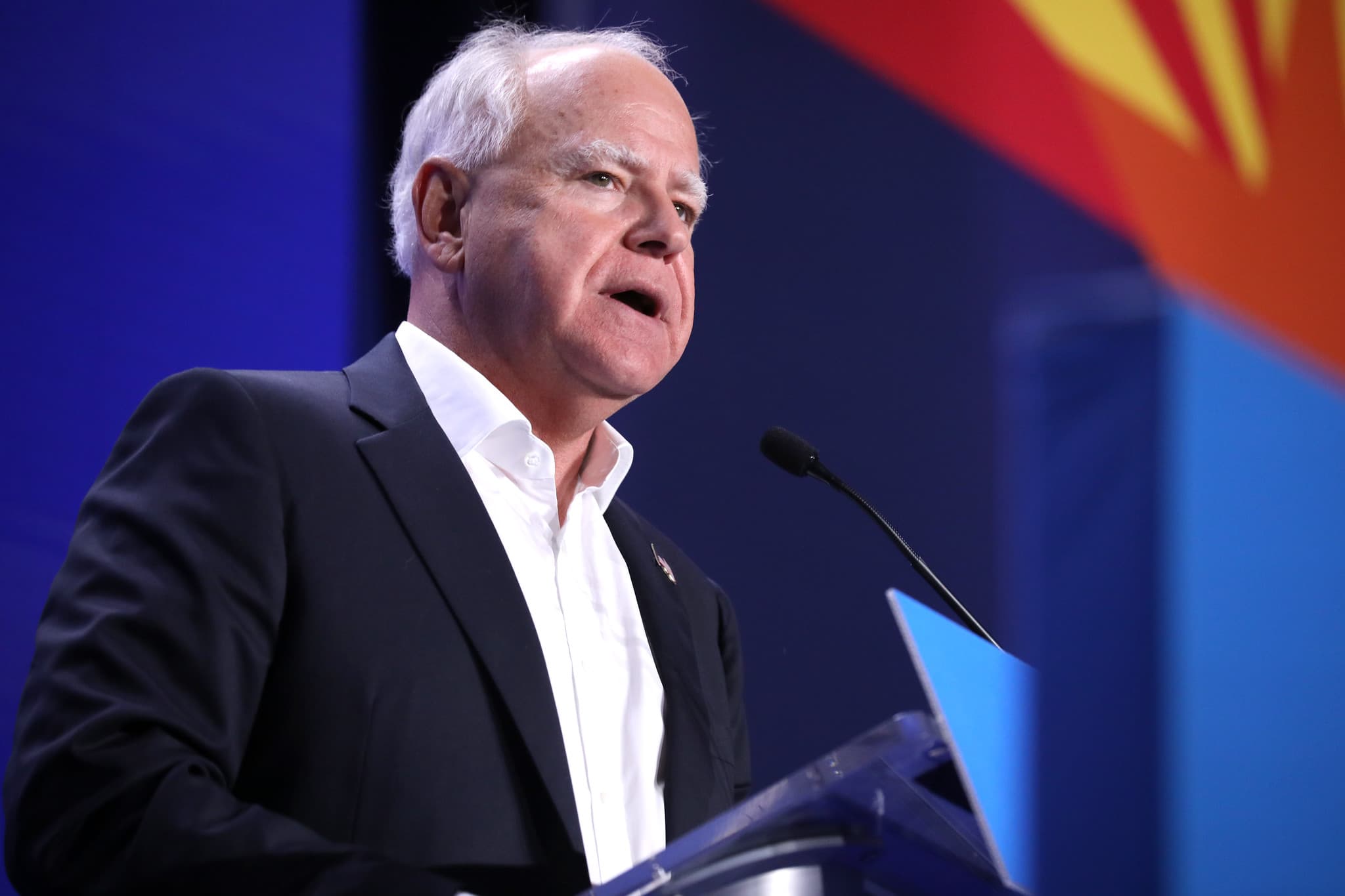Same Election: Voter ID Wins Big; GOP Loses Big

Many have seen the story out of Wisconsin: Susan Crawford defied record-breaking spending by Super PACs to win the April 1 state Supreme Court election. “Crawford beat Musk,” is the headline after the world’s richest man poured millions into the race to defeat her, while liberal billionaires also opened up their own pocketbooks for Crawford.
With both sides of the media focusing on the partisan funding arms race, the constitutional amendment that formally cemented Wisconsin’s voter ID requirements into state constitutional law could prove to be an even more important story.
The Voter ID measure passed with 62% of the vote, while 38% opposed it, according to unofficial results. Decision Desk HQ projected the outcome just 20 minutes after polls closed. In other words, when voters cast their ballots, they didn’t just defy big money, but party narratives as well.
The referendum asked voters:
"Photographic identification for voting. Shall section 1m of article III of the constitution be created to require that voters present valid photographic identification verifying their identity in order to vote in any election, subject to exceptions which may be established by law?"
The referendum does not create new ID requirements. Wisconsin’s voter ID law has been in effect since 2011. Acceptable forms of identification include a Wisconsin driver’s license or state ID, U.S. passport, military ID, and certain student IDs.
The GOP has long owned the issue of voter ID, arguing that it is important for the security and integrity of elections. Republican lawmakers said they advanced the amendment as a way to safeguard existing law from potential legal challenges.
Republican State Sen. Van Wanggaard said "this will help maintain integrity in the electoral process, no matter who controls the Legislature."
Democrats, on the other hand, criticized the decision to place the question on the April ballot, alleging that it was designed to boost conservative turnout in the high-profile race for a seat on the Wisconsin Supreme Court.
But regardless of what the parties’ machinations might have been, voters made their own decisions on election day. Democrat Susan Crawford won the state Supreme Court seat with 55% of the vote.
And, voter ID won by an even greater majority.
While the Republican Party and the Democratic Party have tried to control the narrative on this issue, most voters have long supported a requirement to show photo ID when casting a ballot regardless of party support or opposition.
A 2021 Marquette University Law School poll found that 77% of registered Wisconsin voters supported the state’s voter ID law. This included 96% of Republicans, 52% of Democrats, and 81% of independents.
When explicitly asked about enshrining the law in the constitution, 73% expressed support — 97% of Republicans, 44% of Democrats, and 74% of independents
This strong cross-partisan support suggests that while Republicans may have hoped the amendment would energize their base and improve their odds in the Supreme Court race, the issue did not polarize voters in a predictable partisan fashion.
Instead, it attracted backing from a wide swath of the electorate, including many independents and Democrats.
Concerns about election security and integrity cut across party lines and include a majority of independent voters, and the success of the amendment—alongside the election of a liberal Supreme Court justice—underscores a clearly independent-minded electorate.
And for those who think Voter ID is just a tactic for Republicans to boost voter turnout -- they might be right. But Republicans are wrong to think that is necessarily a boost for Republican candidates
 Cara Brown McCormick
Cara Brown McCormick






